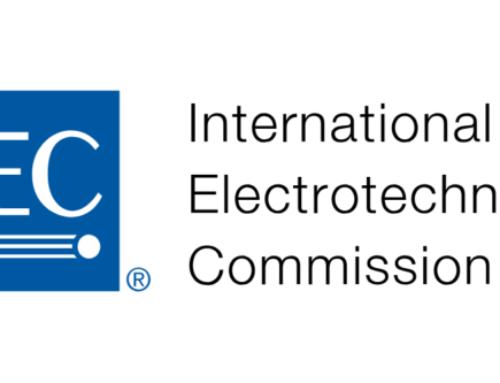On 7 February 2021, the State Council’s Antitrust Committee issued the Anti-monopoly Guidelines for the Platform Economy (hereinafter referred to as the “Guidelines”). The Guidelines reiterate that the Anti-monopoly Law and its supporting regulations are applicable to all sectors, treating all main market players equally, fairly, and equitably. They aim to prevent and restrain monopolistic behaviours in the platform economy, thus promoting its orderly and healthy development.
The Guidelines consist of 24 articles under 6 chapters:
- general provisions;
- monopoly agreements;
- abuse of dominant market position;
- concentration of business operators;
- abuse of administrative power to exclude and restrict competition; and
- supplementary provisions.
Specifically, they define the basic concepts of the platform economy, platform operators, operators within platforms, and operators within the platform economy. They aim to ensure that the anti-monopoly regulation for the platform economy adheres to the principles of fair market competition, law-based scientific and efficient regulation, stimulation of innovation and creation, and protection of the legitimate interests of all parties involved. Given the complexity of the platform economy, the Guidelines stipulate that the general principles set out in the Anti-Monopoly Law will be followed when defining relevant markets and segments in the field of the platform economy, at the same time taking into account the characteristics of the platform economy for case studies.
Considering the peculiarities of the platform economy, the Guidelines clearly outline the requirements and forms of monopoly agreements, and provide specific provisions for other cooperative behaviours; they also illustrate methods and enforcement considerations for horizontal and vertical monopoly agreements, for hub-and-spoke arrangements, and for identifying cooperative behaviours among operators in the platform economy,
For hot issues like the “either-or option” and “targeted ads and price discrimination via big data”, the Guidelines clearly stipulate that the identification of the relevant market is the key prerequisite for determining the abuse of dominant market position in the platform economy. That is, determining whether a case constitutes an abuse of dominant market position, hinges on whether the operator involved has dominant position in the identified market and on case analysis. In this regard, the Guidelines list in detail the criteria to determine or presume that an operator has a dominant market position, including: market share of the operator, relevant market competition, an operator’s ability to control the market, an operator’s financial and technical conditions, the degree of dependence of other operators, and the degree of difficulty for market entry. At the same time, in order to promote the lawful and compliant operations of all kinds of market players within the platform economy, the Guidelines detail the specific forms of abuse of dominant market position, which include: unfair pricing behaviour, selling below cost, refusing to trade, limiting trade, tie-in sale or discriminatory treatment with unreasonable trading conditions.
With respect to the concentration of operators in the platform economy, the Guidelines distinguish the turnover calculation methods for different types of platform operators in terms of reporting standards, and clarify that the concentration of operators in the variable interest entities (VIE) structure falls within the scope of anti-monopoly review. The Guidelines stress that the State Council’s anti-monopoly law enforcement agency will also investigate and deal with, according to the law, the concentration of business operators that do not meet the reporting standards but have or may have the effect of eliminating and restricting competition. At the same time, the Guidelines clarify the factors that can be considered when assessing the competitive impact of the concentration of operators in the platform economy, as well as the types of additional restrictive conditions that the anti-monopoly law enforcement agency of the State Council can determine.
Finally, the Guidelines stipulate provisions for identifying and preventing, according to law, the behaviours of abusing administrative power to exclude and restrict competition. The Guidelines put forward fair competition review for the formulation of rules and normative documents concerning the economic activities of market entities in the platform economy.
Background:
In recent years, the platform economy has played an increasingly important role in the national economy due to its rapid growth and the new business forms and models that it constantly generates. However, at the same time, there has been an increasing number of reports on the suspected monopoly problems within the platform economy, such as the “either-or” option by platform operators, “targeted ads and price discrimination via big data”, or failure to report and implement operator concentration in line with the law. These behaviours harm fair competition in the market as well as the legitimate rights and interests of consumers, and are not conducive to the sustainable and innovative development of the platform economy. In this context, the Central Economic Work Conference held in December 2020 positioned antitrust and prevention of capital sprawl as one of the most important tasks in the national economic work for 2021, highlighting the need to improve the digital rules, as well as the laws and regulations for identifying monopoly behaviours of platform enterprises, to strengthen regulation and enhance regulatory ability, and eventually to promote the release of the Guidelines.
Source: http://www.samr.gov.cn/xw/zj/202102/t20210207_325968.html




